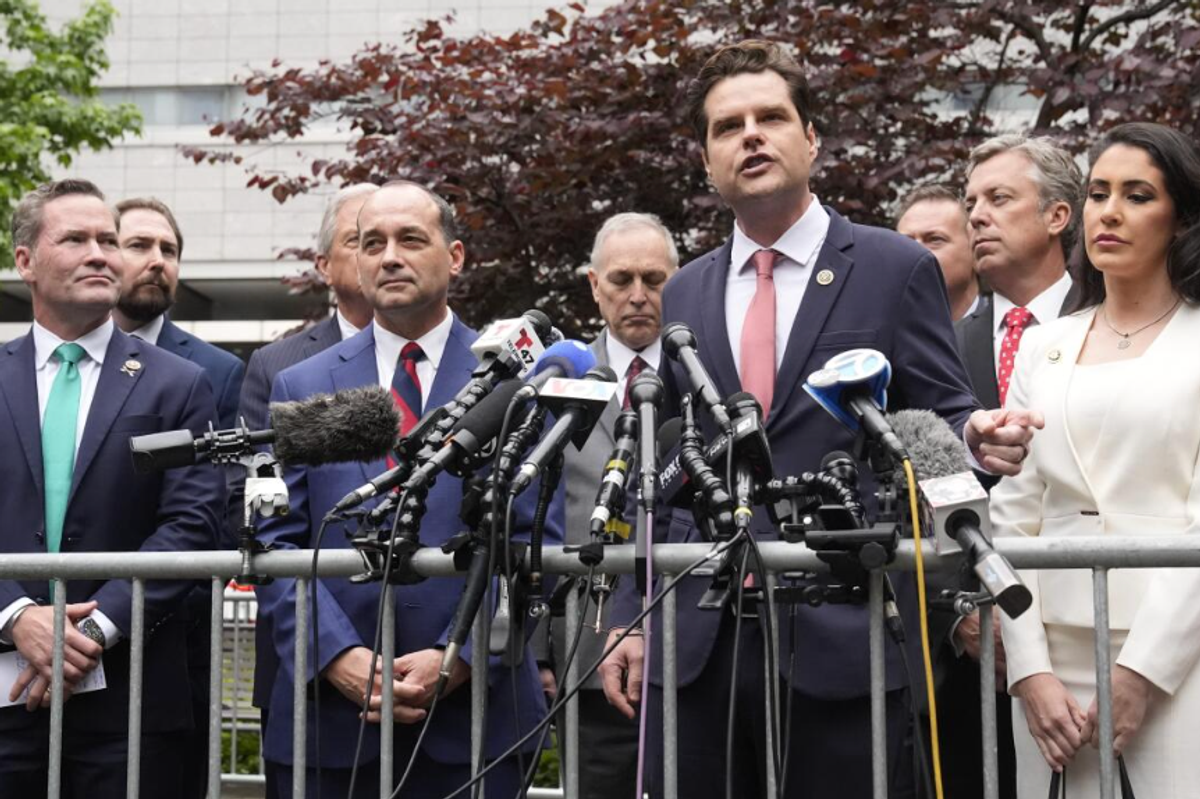
A report released by the Center on Budget Policy and Priorities on Thursday shows that differing tax rates among states have negligible effects on whether or where Americans choose to move. In other words: Rick Perry is wrong.
For years, conservative economists and politicians have touted lower tax rates as a major incentive that draws new residents and businesses to certain states. But according to the CBPP report, not only is this relatively insignificant to potential movers, but may also have detrimental effects on the state.
Cutting taxes may result in the deterioration of important state-funded public services, including education, public safety, parks, roads, and other critical infrastructure, which in turn reduces the state’s attractiveness both to current residents and families looking to find new homes. Instead, factors that were most commonly cited as attractive to movers included employment opportunities, inexpensive housing, and warmer climates.
The rate of interstate migration is actually very low, currently estimated to be around 1.5 to 2 percent of Americans per year, and is projected to drop over the next few years. The vast majority of these individuals said they moved because of “new, transferred, or lost jobs or family-related reasons,” not lower taxes.

Chart via CBPP
Moreover, CBPP’s analysis of Census and IRS data showed that interstate movers are just about as likely to move from a low-tax state to a high-tax state as they are to move in the opposite direction. In fact, over the past 20 years, more people moved from Florida — which has no income tax — to 11 other states with income taxes than residents of those 11 states moved to Florida. When neighboring states that were similar in every aspect aside from tax levels were compared, in many cases, the states with income taxes attracted more new residents that states without.
Rather, it seems that residents trying to save money would be most motivated to move by lower housing costs. In most cases, mortgage savings far outweighed tax savings for people moving from “expensive” states like California and New York to Florida and Texas, where housing is considerably cheaper. Moving from New York to Texas saves an individual three times as much in mortgage than it does in tax.

Chart via CBPP
This means that states that intend to cut taxes in order to stymie out-migration or attract in-migration are operating from a flawed assumption. And for politicians like Rick Perry, who has made no secret of his attempts to poach businesses and families from other states, promises to catalyze growth and economic prosperity by lowering taxes don’t exactly hold water.
Perry, despite his disastrous 2012 campaign, is likely considering yet another presidential bid. And in preparation for his campaign, the Texas governor has begun airing ads in states with higher tax levels, like New York and Connecticut, in which he urges these states’ residents to make a move to no-income-tax Texas. These ad campaigns have already cost taxpayers $1 million in these two states alone, and have also been run in Maryland, California, Illinois, and Missouri. And while Perry’s office states that “no state tax dollars” are being used to buy each $500,000 ad, this isn’t altogether true.
The “Texas: Wide Open For Business” ads are sponsored by TexasOne, which Perry’s spokeswoman told ThinkProgress draws no money from the state government. However, though “the state does not pay for any of [the campaign’s costs],” the same cannot be said for local governments. ThinkProgress’ review of TexasOne found that at least $465,000 of its funds come from local governments and sales-tax-funded local economic development councils.
So apparently, Rick Perry won’t tax you, but he’ll lie about using your money to talk about how he won’t tax you.
Of course, none of these ads bear any mention of many of the problems that result from Texas’ low tax rates — and, consequently, few state-funded public services — including its high child-poverty rate, high percentage of Texans without health insurance, and continued cuts to public schools.
Texas also ranked 49th in public education spending, so while Perry may be saving taxpayer dollars, he is doing so at the expense of their children’s academic careers.
Unfortunately for Perry, the CBPP’s new report makes it apparent that cutting taxes will not do anything for state in-migration rates. But knowing Perry, he’ll just forget that too.
Photo: Ed Schipul via Flickr
Want more tax policy analysis? Sign up for our daily email newsletter!


